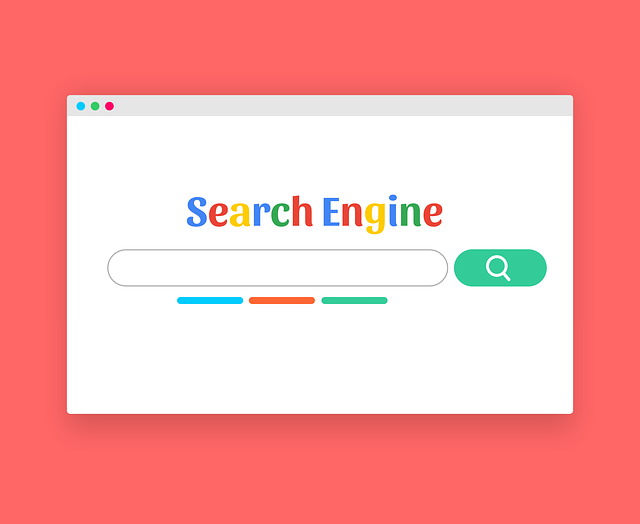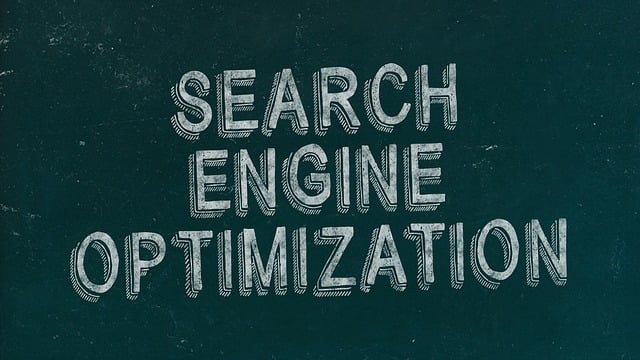AI integration in SEO has transformed digital marketing by offering Advanced SEO Strategies that leverage machine learning and data analysis for unprecedented insights. This technology revolutionizes keyword research, predicts search trends, personalizes content, and automates tasks like on-page optimization and backlink analysis. By employing Advanced SEO Strategies, businesses can achieve higher rankings, improved user experience, increased engagement, and ultimately, better conversion rates. However, ethical considerations, transparency, and integrity are crucial to avoid manipulation and maintain search engine trustworthiness. Continuous monitoring using AI-generated reports is essential for measuring success and optimizing campaigns based on real-time data and competitor benchmarks.
In today’s digital landscape, AI-driven SEO tactics have become the new normal, revolutionizing how we optimize content and engage users. This advanced SEO strategy leverages machine learning, natural language processing (NLP), and predictive analytics to enhance keyword research, content optimization, and user experience personalization. While these innovations offer significant advantages, ethical considerations and quality assurance remain paramount. This article explores these integrated AI approaches, delving into data analysis, trend forecasting, and the essential balance between technological advancement and ethical practices in modern SEO campaigns.
Understanding AI Integration in SEO: The New Normal

In today’s digital era, AI integration in SEO has become the new normal, revolutionizing how we approach search engine optimization. Advanced SEO strategies now leverage machine learning algorithms to analyze vast amounts of data and identify patterns that were previously invisible to human analysts. This transformative technology enables more precise keyword research, predicts search trends, and personalizes content for individual users—all factors that significantly enhance website rankings and user engagement.
AI-driven tools can automate repetitive tasks, such as on-page optimization and backlink analysis, allowing SEO professionals to focus on strategic planning and creative content development. By integrating AI into their workflows, businesses can stay ahead of the curve, adapt to evolving search algorithms, and ultimately achieve better online visibility and conversions.
Data Analysis and Machine Learning for Keyword Research

In the realm of AI-driven SEO, data analysis and machine learning play a pivotal role in keyword research, transforming it from an art into a highly precise science. These advanced SEO strategies leverage vast datasets to identify keywords with high search potential and lesser competition. By employing natural language processing (NLP) techniques, algorithms can analyze user queries, understand search intent, and predict trends, thereby enabling marketers to make data-backed decisions.
Machine learning models can sift through historical search data, click-through rates, and user behavior to uncover long-tail keywords and hidden gems that might be overlooked by traditional methods. This not only expands the keyword horizon but also helps in crafting more targeted content that resonates with the audience, thereby enhancing both user experience and search rankings under Advanced SEO Strategies.
Natural Language Processing (NLP): Enhancing Content Optimization

Natural Language Processing (NLP) has emerged as a game-changer in the realm of AI-driven SEO, offering advanced strategies to optimize content like never before. By employing NLP, search engine optimization professionals can now understand and interpret human language more effectively, enabling them to create content that aligns seamlessly with user queries. This cutting-edge technology allows for a deeper analysis of text, including sentiment, context, and semantic relationships, resulting in improved keyword identification and placement.
With NLP, advanced SEO tactics become more precise and tailored. It enables the creation of dynamic content that not only meets but predicts user expectations. By processing vast amounts of data, NLP can identify trends, topics, and emerging keywords, ensuring content remains relevant and ranks higher on search engines. This sophisticated approach to content optimization is transforming how businesses connect with their audiences, making it an indispensable tool in today’s competitive digital landscape.
Predictive Analytics: Foreseeing Search Trends and User Behavior

Predictive analytics is a powerful tool in the arsenal of AI-driven SEO, enabling marketers to foresee search trends and user behavior with unprecedented accuracy. By analyzing vast datasets—from historical search data to social media sentiment—AI algorithms can identify patterns and insights that were once invisible to human analysts. This advanced SEO strategy allows businesses to stay ahead of the curve, optimizing their content and strategies long before a trend peaks.
For example, predictive models can anticipate shifts in consumer preferences, regional variations in search behavior, and the impact of seasonal events on online queries. Armed with these insights, marketers can create more relevant, location-specific content, ensuring their websites remain at the top of search engine results pages (SERPs). This forward-thinking approach not only boosts visibility but also enhances user experience, ultimately driving higher conversion rates and stronger online performance.
Personalization of User Experience through AI

In today’s digital landscape, personalization is key to engaging users and driving conversions. AI-driven advanced SEO strategies leverage machine learning algorithms to analyze vast amounts of user data, enabling businesses to deliver tailored experiences that cater to individual preferences. By understanding user behavior, search history, and contextual cues, AI can dynamically optimize content, recommendations, and even site navigation, ensuring each visitor receives a unique and relevant interaction.
This level of personalization goes beyond simple product suggestions or targeted ads. Advanced SEO tactics powered by AI can anticipate user needs, pre-load relevant information, and offer contextually appropriate calls to action. As a result, websites foster a sense of familiarity and relevance, encouraging users to spend more time exploring and ultimately increasing the likelihood of desired outcomes, whether it’s a purchase, sign-up, or content consumption.
Ethical Considerations and Ensuring Quality with AI-SEO

As AI takes center stage in digital marketing, the realm of SEO experiences a profound transformation. While advanced SEO strategies offer unprecedented opportunities, ethical considerations cannot be overlooked. The potential for manipulation and deception looms large with automated tools, emphasizing the need for transparency and integrity. Ensuring quality content remains paramount; AI-generated material must adhere to rigorous standards to provide value to users and avoid penalization from search engines.
Implementing AI-driven SEO requires a delicate balance. Marketers must stay vigilant against spammy tactics while harnessing the technology’s power. Regular audits, human oversight, and staying abreast of evolving guidelines are essential to navigate this landscape. By embracing ethical practices, businesses can leverage AI to enhance their online visibility without compromising user experience or search engine trustworthiness.
Measuring Success: Evaluating AI-Driven SEO Campaigns

Measuring success is a critical aspect of evaluating any marketing campaign, and AI-driven SEO campaigns are no exception. Unlike traditional methods, where reliance was primarily on manual analysis, advanced SEO strategies powered by artificial intelligence offer a data-centric approach to performance measurement. These tools can provide granular insights into keyword rankings, click-through rates, conversion metrics, and user behavior patterns, all in real-time. By leveraging machine learning algorithms, AI platforms are able to identify trends and correlations that might not be immediately apparent to human analysts, thus offering a more nuanced understanding of what tactics are working and which areas need optimization.
The evaluation process involves tracking key performance indicators (KPIs) such as organic traffic growth, bounce rates, average session duration, and page per session metrics. AI-generated reports can help identify underperforming content or pages that may require updates or restructuring. Additionally, these platforms can analyze competitor data to provide insights into industry benchmarks, ensuring that the campaign remains competitive and aligns with the latest SEO trends. This continuous monitoring allows for swift adjustments and improves the overall effectiveness of the advanced SEO strategies employed.
